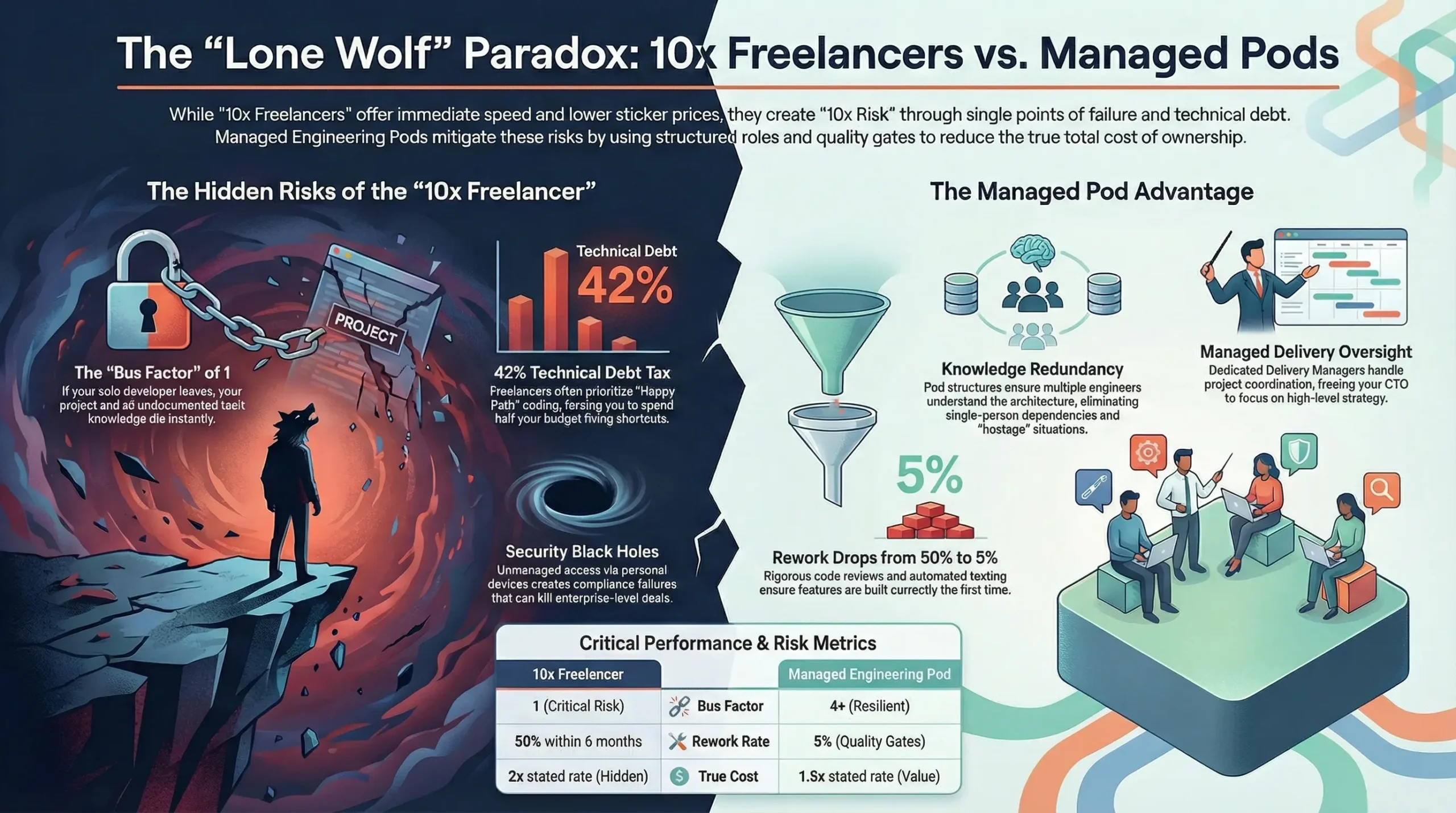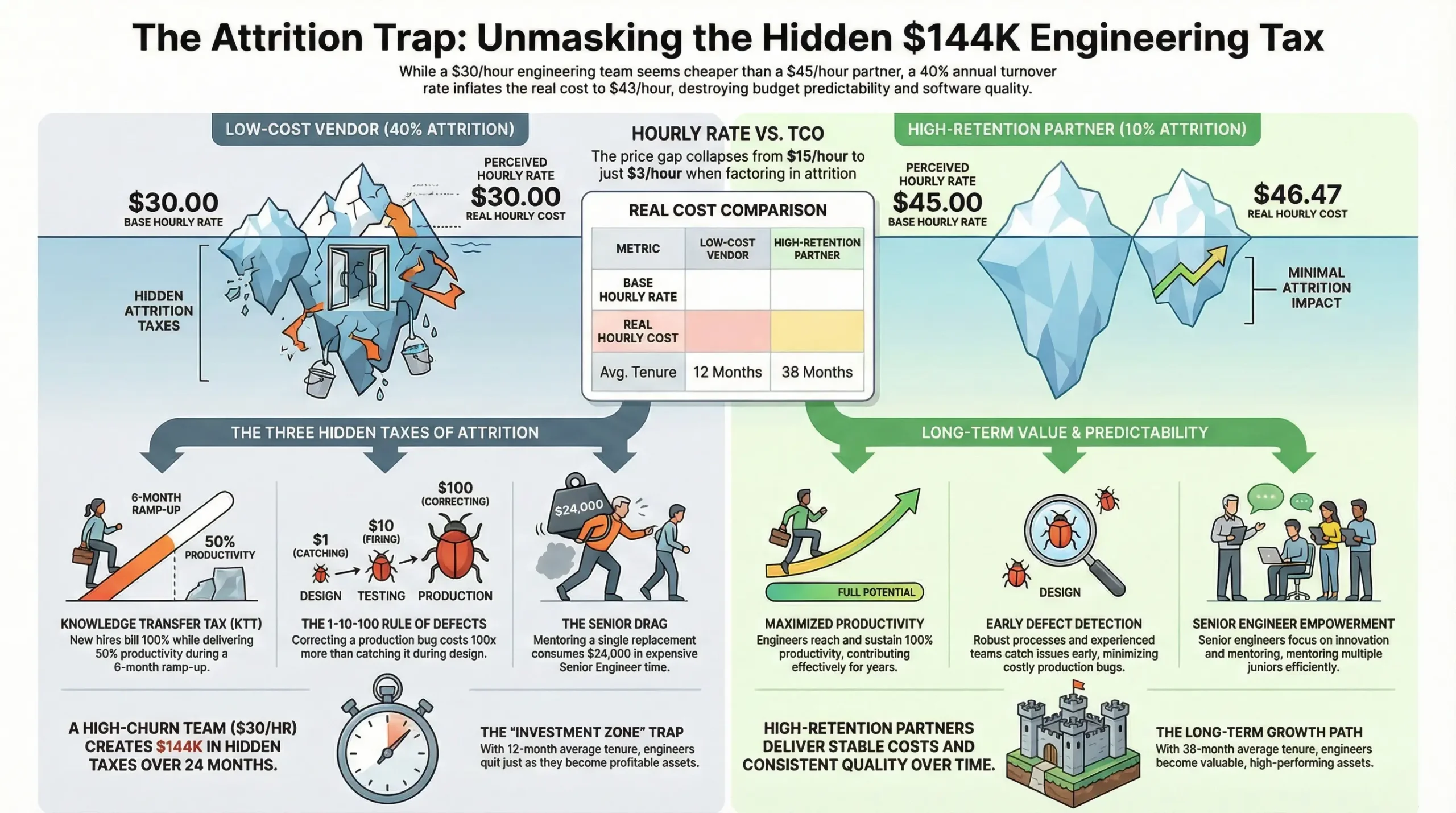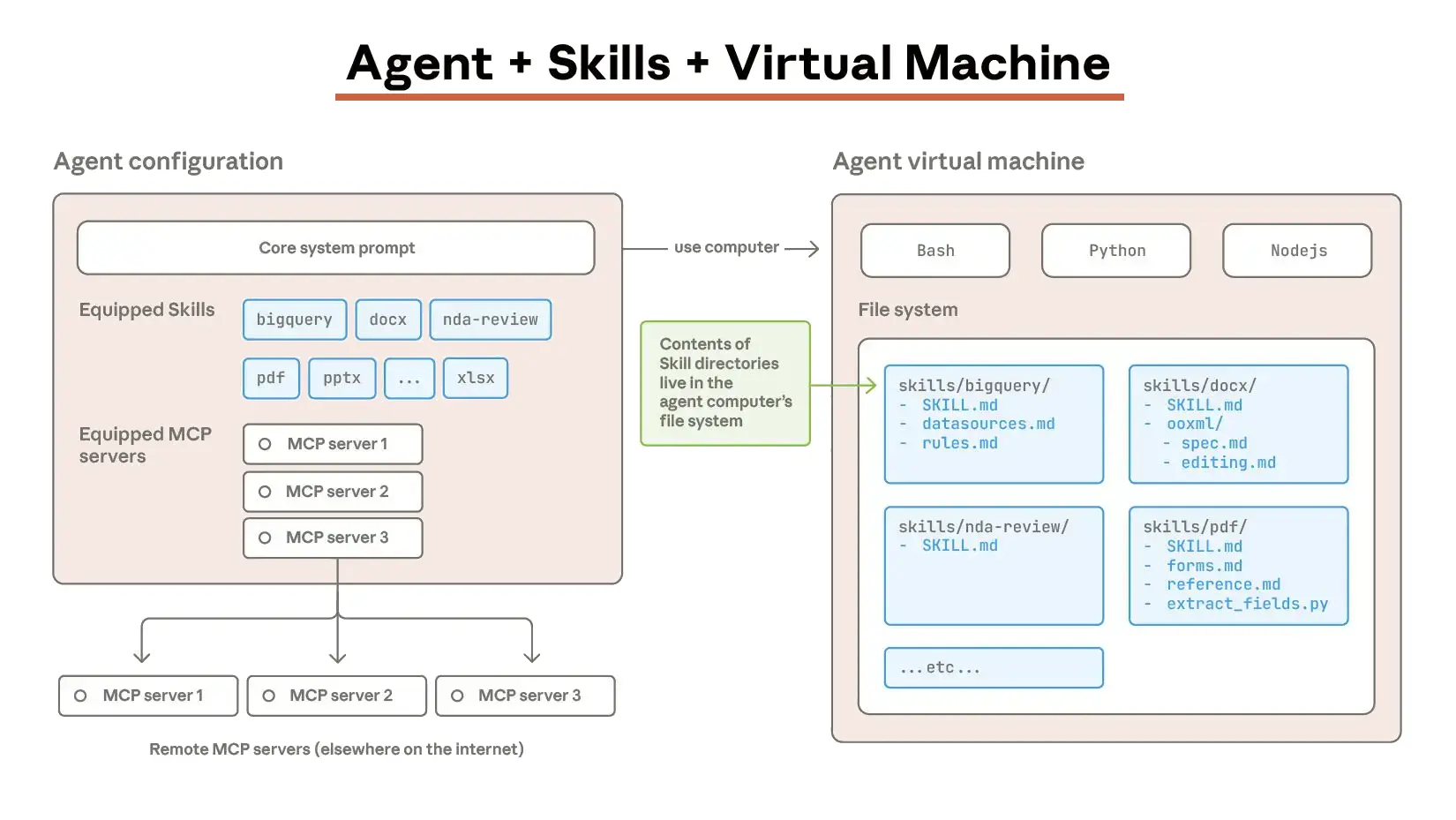Advances in ethical AI in healthcare are transforming diagnostics, patient engagement, and treatment planning. But with these advances come serious ethical responsibilities. Patients, clinicians, and regulators alike expect AI systems to protect privacy, avoid bias, and deliver safe, accountable results. For healthcare leaders, the challenge is how to innovate without compromising compliance or trust.
Core Ethical Principles & Legal Foundations
Effective ethical AI in healthcare rests on several foundational principles:
- Autonomy & consent: Patients should know when AI influences their care and have rights to consent or refuse.
- Beneficence & non-maleficence: AI must aim to do good without causing undue harm.
- Justice and fairness: Avoiding bias and ensuring equal treatment across populations.
- Transparency & explainability: Clinicians and patients should be able to understand how AI arrives at decisions.
- Accountability & liability: Clarifying who is responsible for mistakes, errors, or adverse outcomes.
Legally, multiple statutes apply depending on geography:
- HIPAA in the U.S. for protected health information (PHI)
- GDPR in Europe, which classifies health data as sensitive and mandates strict data subject rights;
- Local and regional regulations in other countries (e.g., privacy laws, health data protections) that affect how AI tools can be used.
A review in PMC highlights how both HIPAA and GDPR require developers and providers to ensure transparency, secure processing, and patient rights in AI systems handling health data. PMC
Major Ethical & Compliance Challenges
Healthcare organizations deploying AI must contend with real risks:
- Data bias & fairness: Historical healthcare datasets often under-represent minority groups. This can lead to AI models reinforcing disparities. STM Journals
- Privacy, re-identification & security risks: Even anonymized datasets can sometimes be re-identified; cloud storage or third-party services can introduce new vulnerabilities.
- Algorithmic opacity: Black-box models can be difficult to audit or explain, which may reduce trust and increase risk.
- Responsible oversight & governance: Ensuring human oversight of AI, ethical review, vendor and third-party agreements, ongoing monitoring, and processes for when things go wrong.
Frameworks and Case Studies
Framework: Building Responsible AI Ecosystems in Emerging Innovation Hubs
Emerging technology hubs like Nepal are increasingly demonstrating how responsible AI practices can be embedded from the ground up. Rather than retrofitting ethics after deployment, local teams are integrating privacy, fairness, and explainability into system design from the start. This proactive approach supported by strong data governance, transparent development practices, and international compliance standards, position regions like Nepal as credible contributors to the global conversation on ethical AI.

Case Study: Clinical Documentation & Generative AI
Research on generative AI for clinical note generation shows promise in reducing clinician burnout and improving documentation quality, but also exposes risks of privacy leakage, bias in speech recognition, and misinterpretation. Transparency about model limitations, strong data access controls, and human review were key to ethical use. arXiv
Best Practices for Ethical AI in Healthcare
To ensure innovation does not outpace ethics, healthcare organizations should adopt these practices:
- Risk Assessments & Ethical Review Boards: Conduct regular ethical reviews, risk assessments, especially for privacy, fairness, and safety. Ensure oversight is multidisciplinary (clinicians, ethicists, legal experts).
- Vendor Selection and Contractual Safeguards: Use vendors who follow strong ethical, security, privacy practices. Include clauses in contracts (BAAs, liability, audit rights).
- Transparency, Explainability & Documentation: Maintain documentation of data sources, model training procedures, known limitations; provide understandable explanations for decisions especially when used in patient care.
- Data Governance & Privacy Measures: Encrypt data at rest and in transit; ensure data minimization; de-identify and anonymize data where possible; restrict data access based on roles.
- Patient Engagement and Informed Consent: Make sure patients understand how their data is used; inform them when AI is in their care flow; allow opt-outs where appropriate; maintain clarity in patient facing communication.
- Data Governance & Privacy Measures: Encrypt data at rest and in transit; ensure data minimization; de-identify and anonymize data where possible; restrict data access based on roles.
- Staff Training and Culture of Ethics: Train all stakeholders (engineers, clinicians, compliance teams) on ethical risks; build accountability into workflows.
- Bias Mitigation: Use diverse datasets; monitor model performance across demographics; include fairness metrics; continuous validation and post-deployment monitoring.
TechKraft’s Approach: Ethics + Innovation
At TechKraft, we integrate ethical AI practices into healthcare AI development as core, not optional. Key elements include:
- Working with healthcare clients to define privacy, fairness, and safety goals upfront.
- Ensuring all team members follow data protection laws, including HIPAA, GDPR, and depending on region.
- Implementing robust audit trails, logging, and quality assurance in AI model development.
- Performing bias checks and fairness validation during prototype and production phases.
- Engaging clinical experts in design and validation of AI models to ensure clinical credibility.
We believe that ethical AI in healthcare leads to stronger patient trust, better outcomes, and more sustainable innovation.
Final Thoughts
Balancing innovation and compliance of AI in healthcare is essential. While AI holds enormous promise like faster diagnostics, personalized care, operational efficiency and more, these benefits must be delivered responsibly. Organizations that ignore ethical risks risk losing patient trust, facing legal exposure, and perpetuating inequity.
For AI in healthcare to truly transform lives, innovation must go hand-in-hand with privacy, fairness, transparency, and accountability. With well defined frameworks, careful governance, and a culture of ethics, AI can both push boundaries and protect what matters most.
Explore how TechKraft builds AI in healthcare that is both cutting-edge and compliant. Reach out to see how we can help you design systems with ethical integrity.



